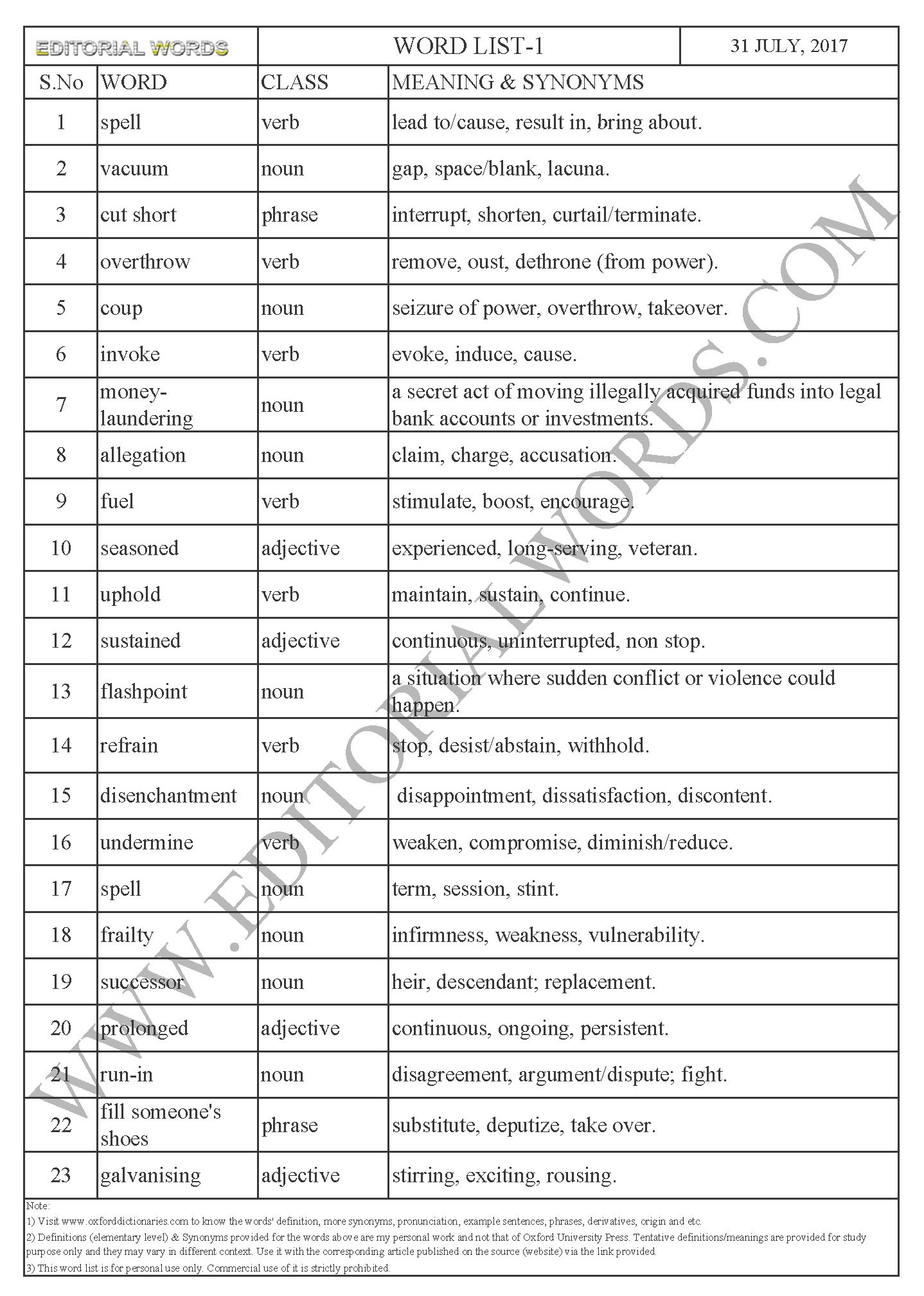

Public confidence in the administration of justice being upheld, especially if the offending is serious.Justice being seen to be done, so as to encourage victims to come forward and report offences.Justice for victims, including offenders' wrongdoing being formally recognised by a court.Deterrence, particularly where offending of the type under consideration is prevalent or serious.There are other reasons why prosecutions are brought and any of these reasons may justify a prosecution even if only a nominal penalty is likely on conviction. Punishment of an offender through a court-imposed penalty is just one reason for prosecuting an offence. Prosecuting an offence for which there will be a nominal penalty Brought to the attention of the police and prosecuting authorities previously but the decision to take no action was made or the case was discontinued.Not brought to the attention of the police and prosecuting authorities in the earlier investigation and prosecution of the offender or.These prosecutions include non-recent offences where the alleged offender has already been convicted and sentenced to a significant period of imprisonment for similar offending in the past, but the specific allegations made by the victim(s) were: If there is sufficient evidence for a realistic prospect of conviction, the prosecutor will have to consider whether it is in the public interest to prosecute, even where the facts and circumstances of the case mean it is likely that only a nominal penalty will result on conviction. There are referred to as "non-recent" offences. Prosecutors will sometimes have to decide whether to charge an offence, which has been committed some time ago. Totality and offences taken into consideration.Is a prosecution required to uphold public confidence in the administration of justice?.Would a prosecution deliver justice to the victim, in view of the likely outcome?.Offender's culpability in hiding the offending?.How serious is the non-recent offence committed?.When is it in the public interest to prosecute?.Prosecuting an offence for which there will be a nominal penalty."I'll try." Be honest with your supervisor or colleagues if there's a project you don't think you can take on at that time, instead of starting off by telling someone that you'll "try" to accommodate their request-it could decrease their faith in you and your abilities. Believe you are a good communicator, and your speech will follow.Ĩ. Before your colleagues even have the opportunity to share their thoughts with you, you shrug them off as difficult to comprehend. "Do you know what I mean?" When you drop a "do you know what I mean?" or "do you get what I'm saying?" in after a sentence, you make it sound as though you did not effectively communicate your thoughts. Saying you're welcome is more gracious and acknowledges the help you provided.ħ. Responding to a "thank you" with "no problem" shrugs off your hard work (opens in new tab).

"No problem." When someone thanks you, whether it was for holding the door open for a stranger or doing a colleague a last minute favor at work, it's still an effort on your part.

But really, it just makes you look weak.Ħ.

Maybe you're trying not to come on too strong. Even when we're sure about something, we have the tendency to say that we "think" it rather than "know" it. "I think." Similar to "kind of", saying "I think" undermines whatever it is you're saying. But when you sound like you're not sure of what you're saying, other people won't support your point of view.ĥ. The term "kind of" is generally dropped into a sentence in order to soften the blow of what could potentially reject someone else's idea or opinion. "Kind of." Adding "kind of" to any statement immediately drops the certainty behind the meaning. Drop the uptalk, and it will instantly make you sound more sure of yourself.Ĥ. Uptalk. Chances are, you frequently fall to the natural tendency to raise your voice an octave or two higher at the end of a sentence, making even the most solid of statements sound like a question. Think about if you heard someone say: "I'm just worried that…" versus "I'm worried that…" The second sounds much more confident than the first, and as such, is going to get more attention.ģ. "Just." Adding "just" to any sentence instantly makes you seem shy and unsure of what you're saying.


 0 kommentar(er)
0 kommentar(er)
